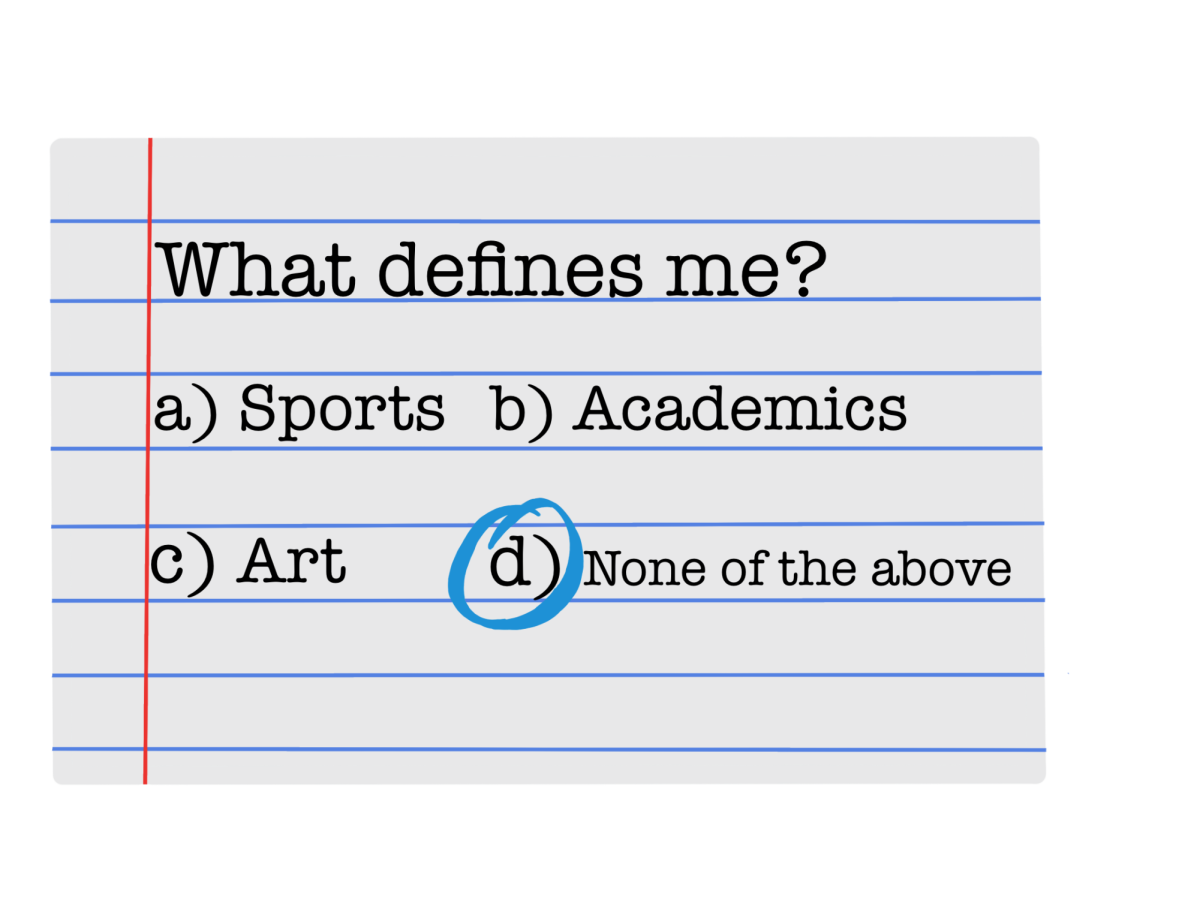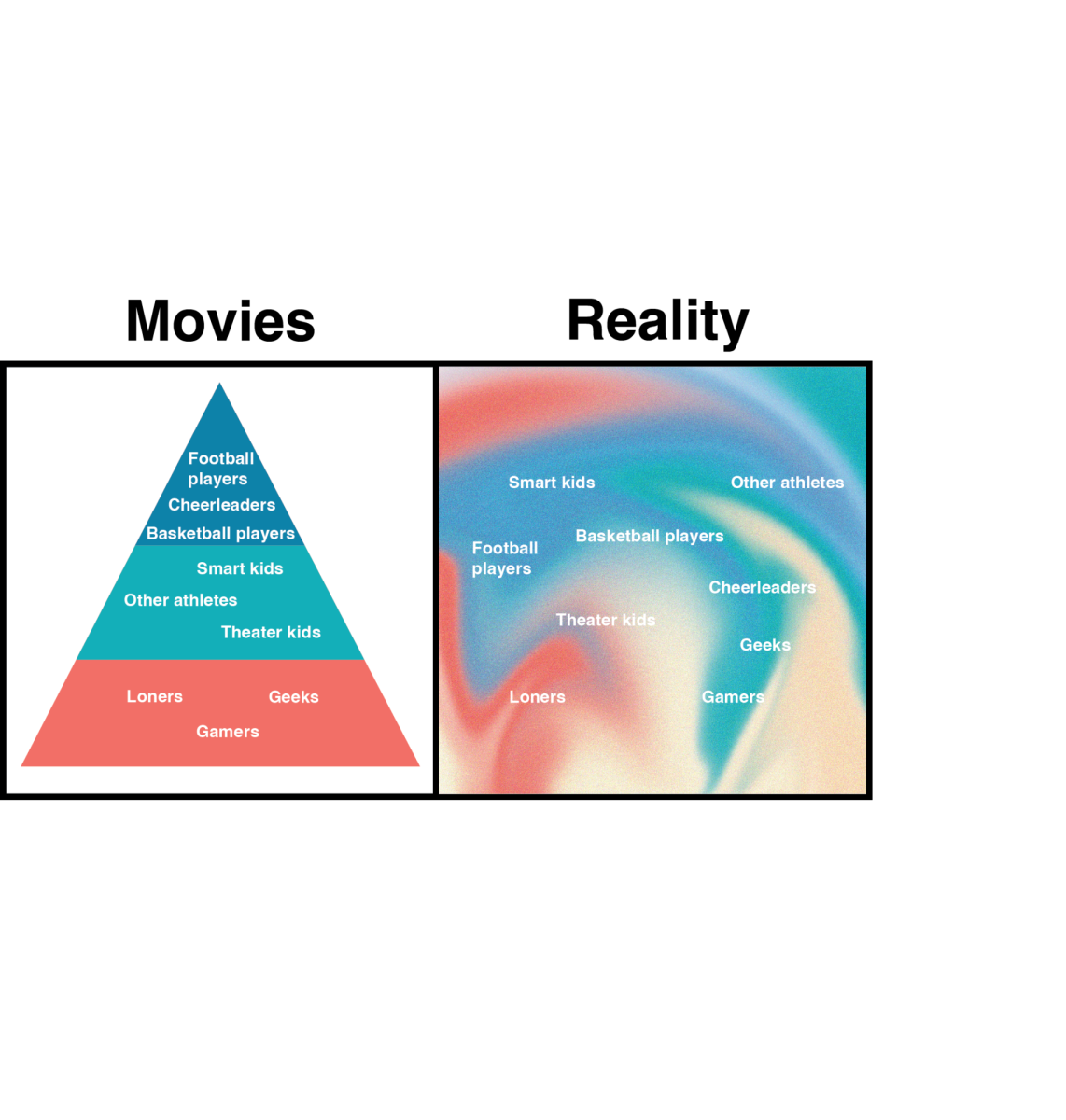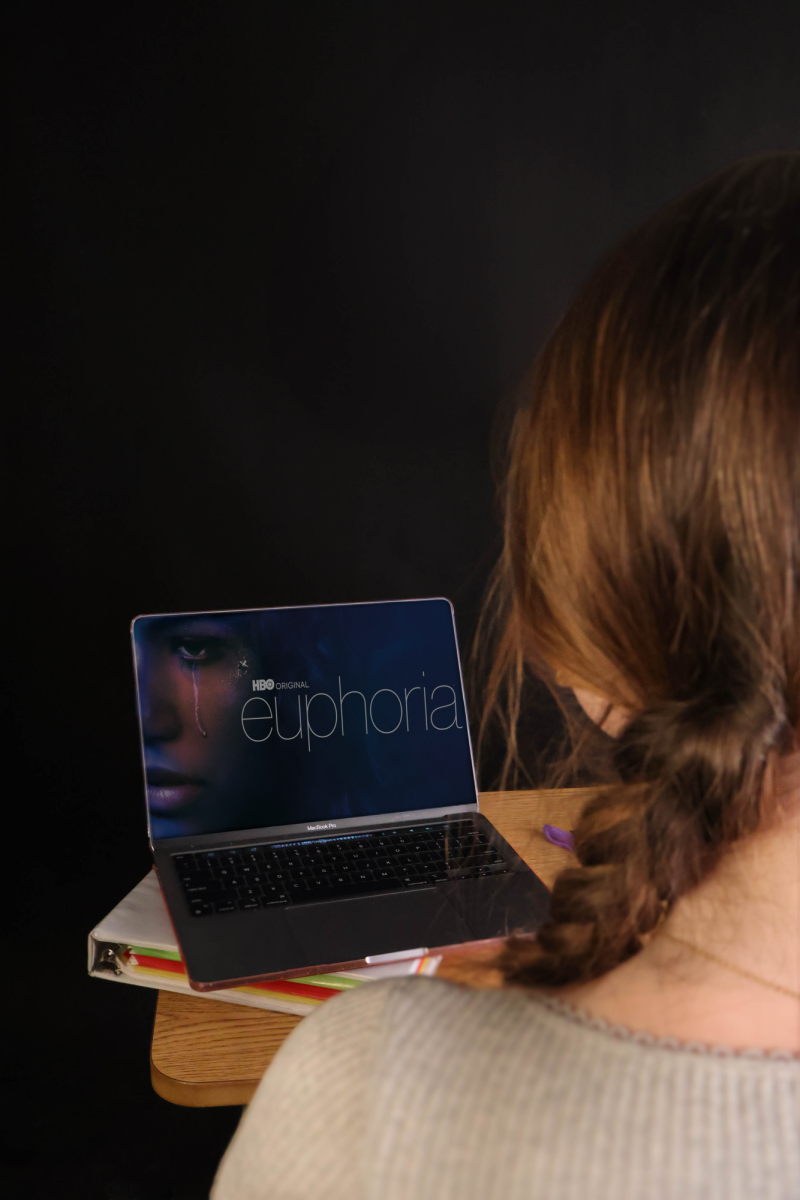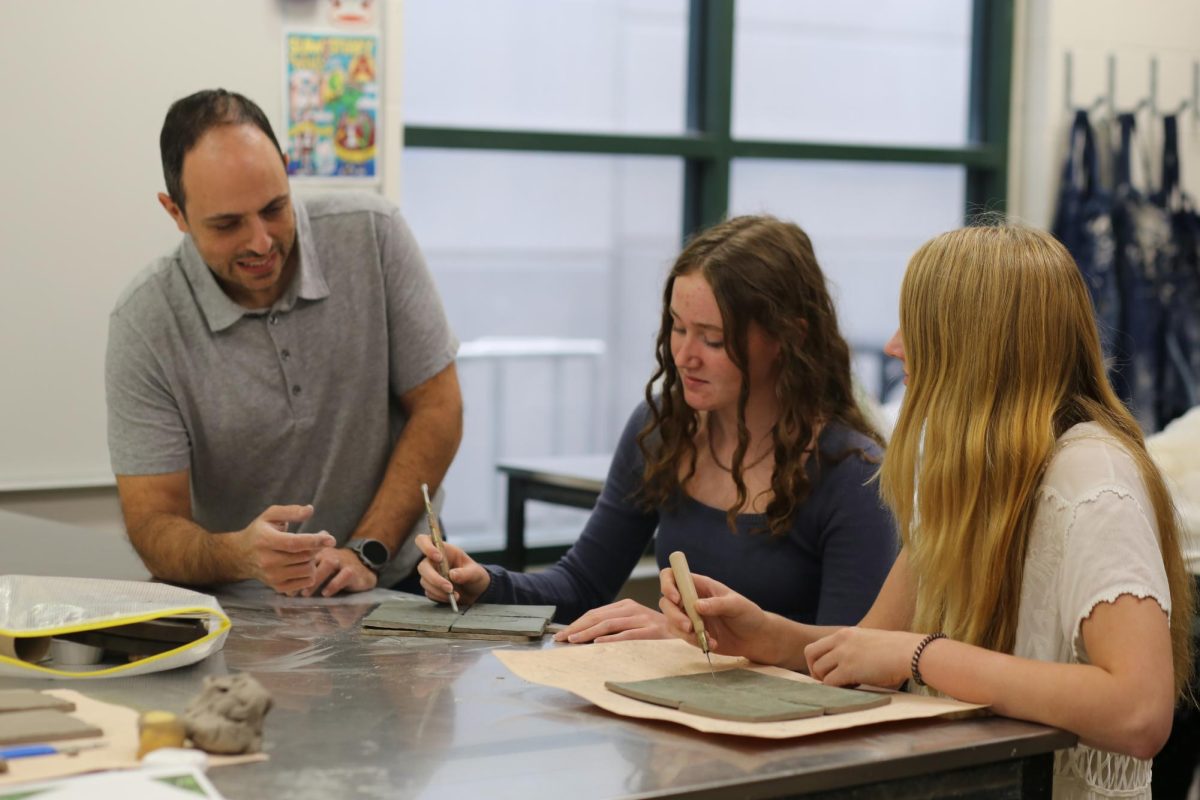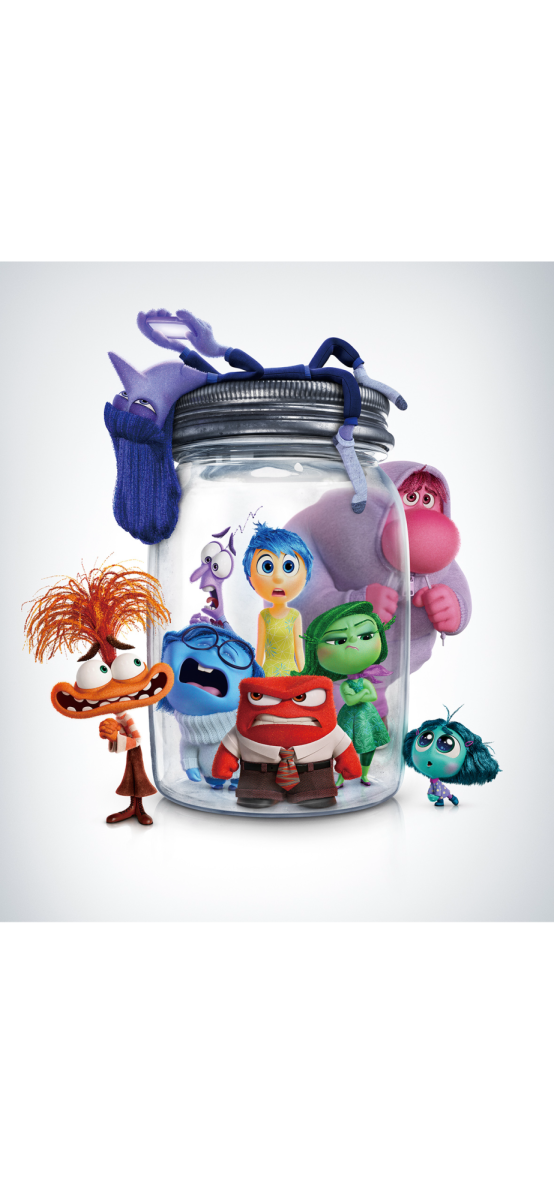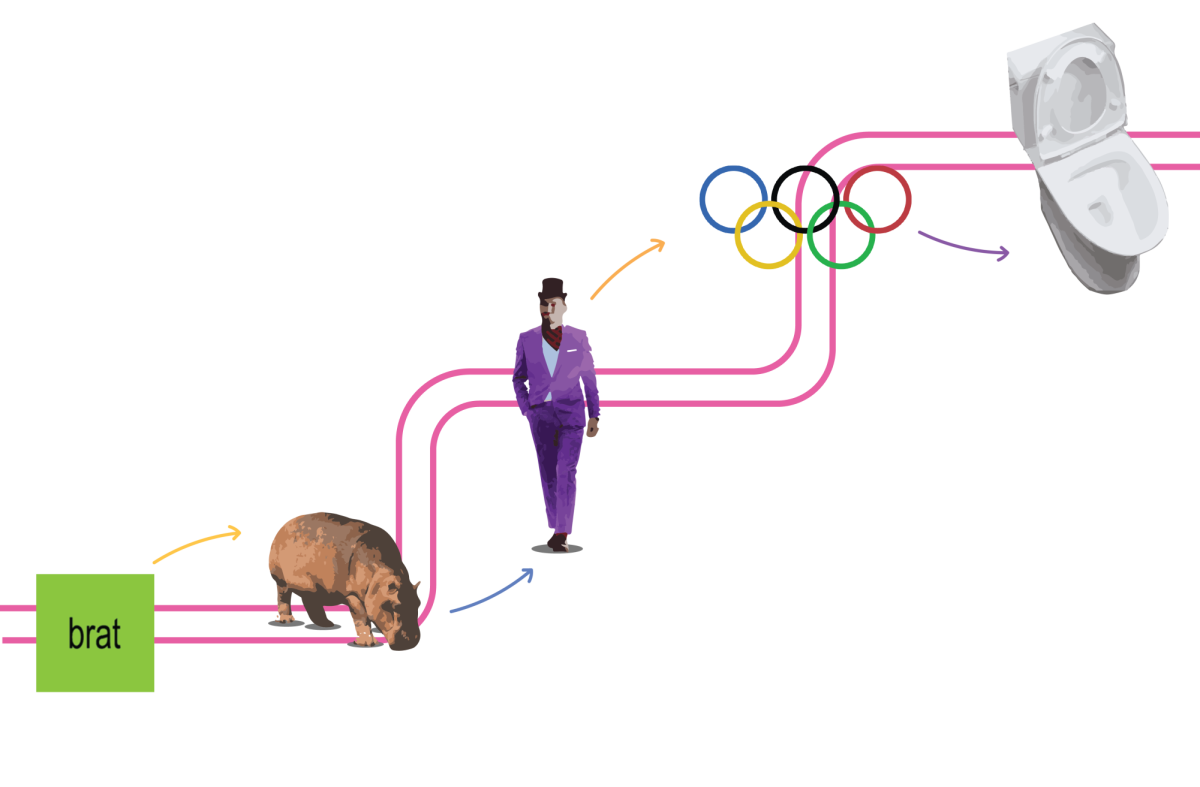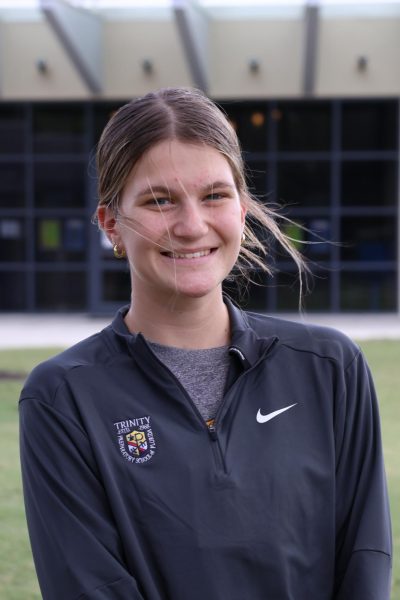Senior Sophia Sukup goes to tour her dream school, Savannah College of Art and Design (SCAD), one of the best colleges in the country for art. As she is touring, she is amazed by the campus. The college counselor calls her away from the group she is with and gives her a letter. The letter contains her acceptance letter to SCAD and she’s overfilled with excitement
“I followed my dream,” Sukup said. “Since I was little I wanted to do something related to art, always wanted to be an artist, and I finally got accepted into SCAD.”
The story of Sukup’s life has shifted throughout the years, but art has helped her to devolop her story. She worked continuously on her story to accomplish getting into her dream college. Some students can focus their lives completely on academics, or they can take a different path like Sukup chose to do, by spending a lot of her time on art.
Taking a more rigorous approach with academics can cause students to feel resentment and negativity towards school. People thrive with positive validation, and students often find that through academics.
Guidance counselor Rylan Smith thinks that when students solely focus on academics it can lead to negative effects.
“Teenagers see that if they do not have straight A’s or they do not have certain grades then they’re not going to be successful,” Smith said. “The reality is, there are a lot of things they could be successful in.”
Oftentimes academic achievements consume the life of student’s and become the sole quality that is seen in a successful student.
“In our society we tend to judge people on grades and make assumptions that you have to have this to be successful,” Smith said.
Sometimes academics can take over a student’s life. Senior Sarah Munjed often suffers from revolving her life around academics.
“Part of who you are becomes the school, the academics [and] the extracurriculars that you are involved in,” Munjed said. “The school just becomes who you are because you spend so much time here.”
Academics can sometimes be overwhelming for Munjed, she also finds value in things outside of school.
Classes are not the only thing that defines Munjed’s story. She also tries to veer away from academics by focusing on things completely different from school.
“The big things that define me are friendships, family life, and school life,” Munjed said.
Many different things can define people, but Munjed prefers to view the things that define her with a positive mindset.
There are a lot of different pathways to branch out and create the story of yourself. Sukup has managed her academics so she would be able to do something that is good for her and shapes her story.
Sukup has prepared herself throughout her high school years for a truthful story that showcases her own talents through her art skills. As Sukup’s senior year was approaching she tried to stack all of her art classes, so she would be prepared when she goes to college. Sukup now takes two art classes, AP 3-D Art and Design and Drawing 1. She balances out her schedule not only with AP classes, but also something she enjoys.
Like Sukup, Sophomore Victor Fang uses his art to express himself and create his own life story.
“Art doesn’t define me, but I define my art,” Fang said.
Art is something that has sculpted Fang’s story and lead him into a prepared future.
The critical inner voice can lead to many effects making the story of their lives change. The negative critical inner voice is something
that can tell you stories that are not true making you believe negative outcomes of yourself. The negative voice is caused by many different triggers, sometimes random and can often lead to negative effects.
According to The Student’s Wellness and Recreation, listening to their negative critical voice leads to a more negative outcome in daily life. This can affect expressions of uncertainty or lack of confidence. Some students focus on their extracurricular activities as their stories.
Students trying to define themselves may focus on sports, athletics, arts and more. The critical voice that people have can determine this. This voice can be turned to positive by focusing on the positive aspects around you.
“We are often our worst critic and this is especially amplified in teenage years where we are constantly comparing ourselves to other people,” Smith said.
The critical voice that you have affects who you are due to the importance of what you are saying to yourself has. Smith agrees, the way you view yourself affects the outcome of your life and story.
“We become who we think we are,” Smith said.




